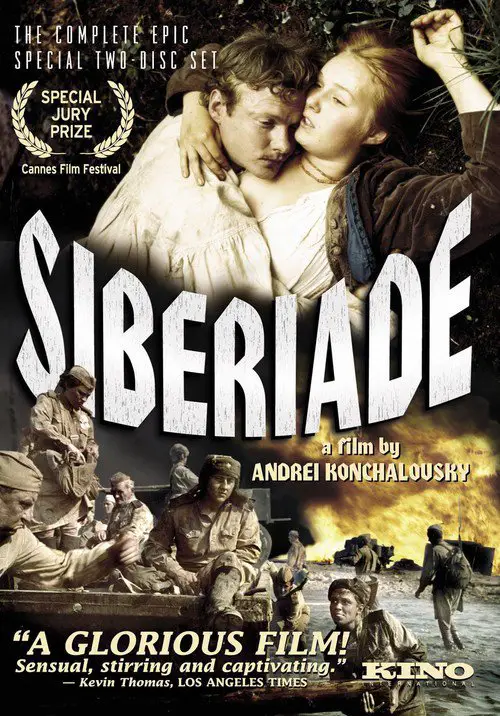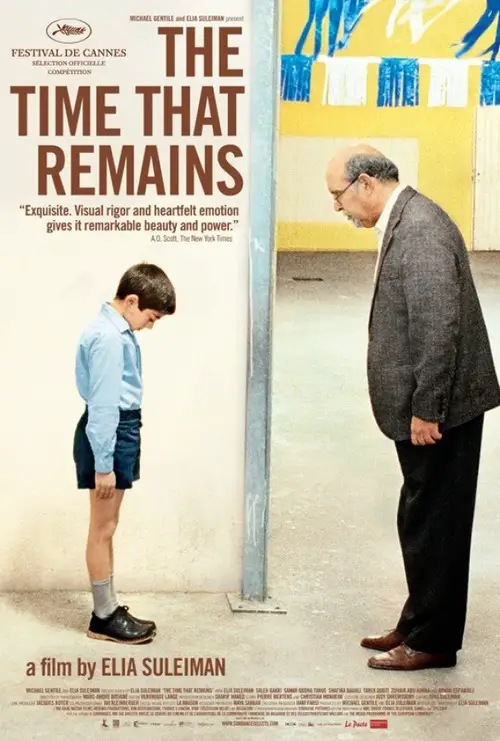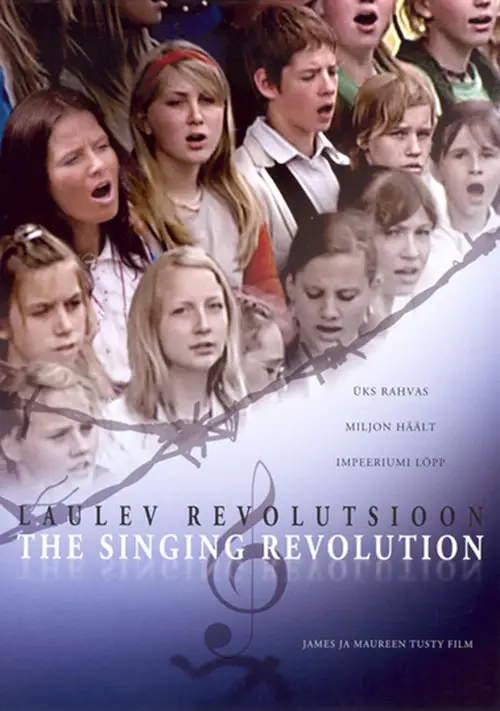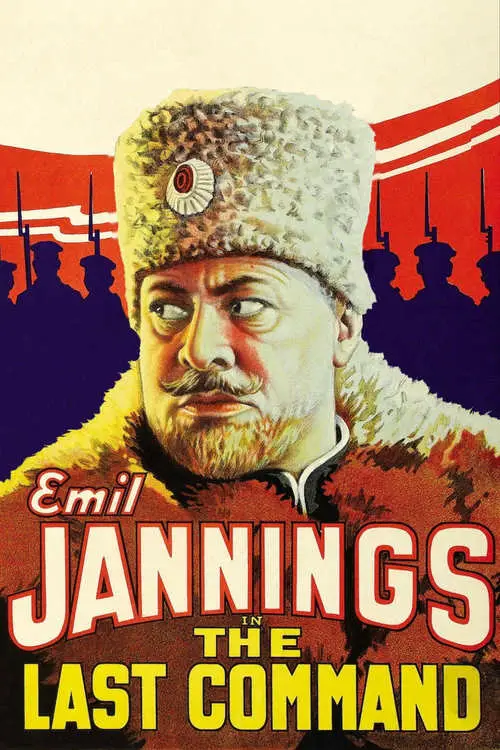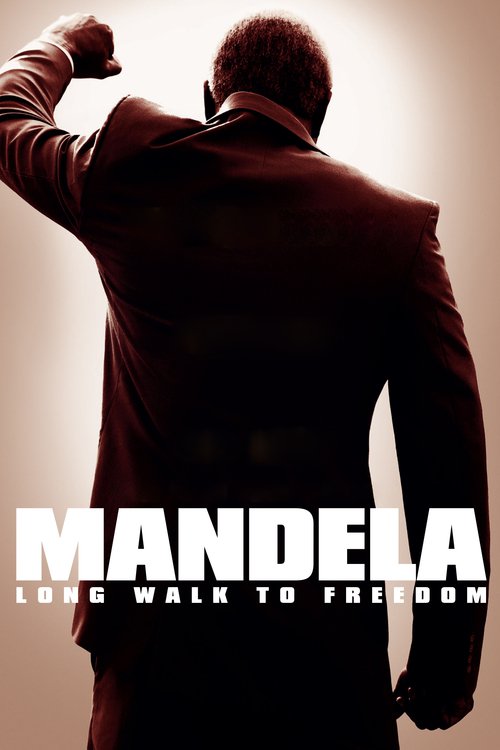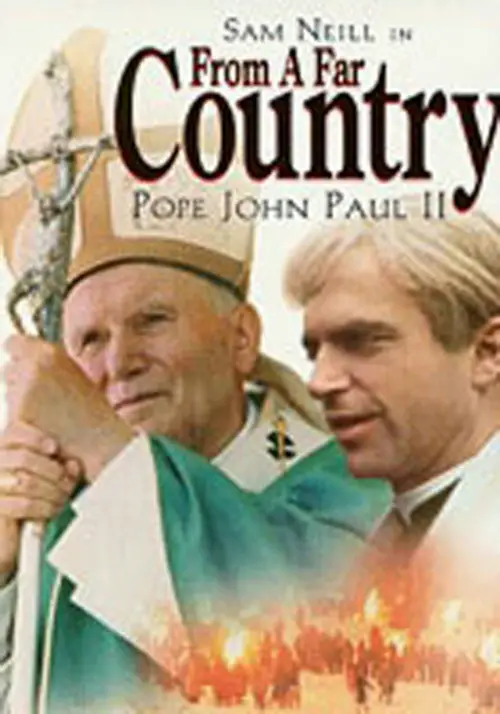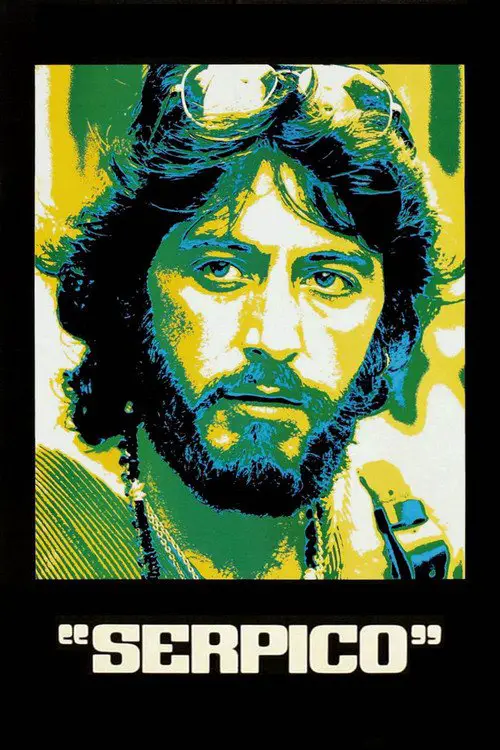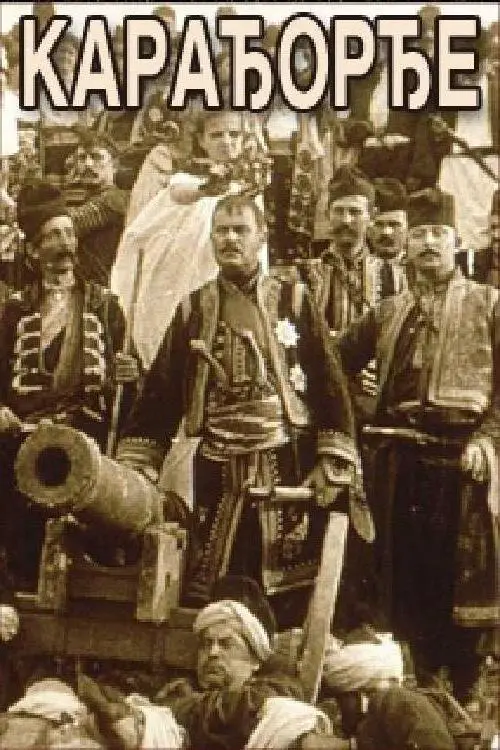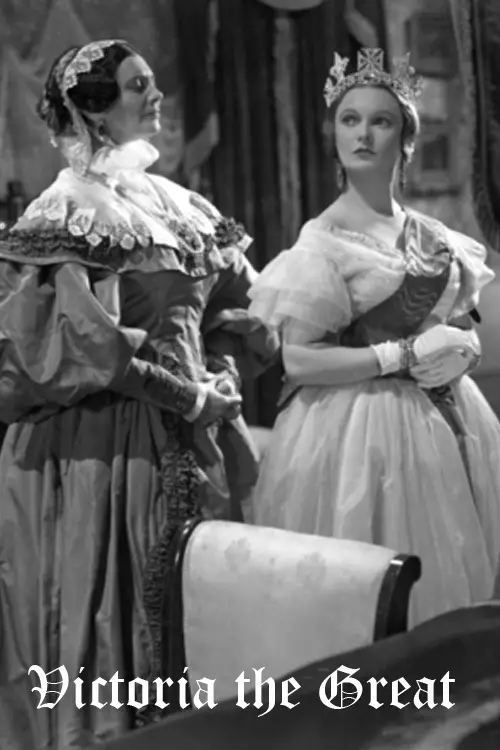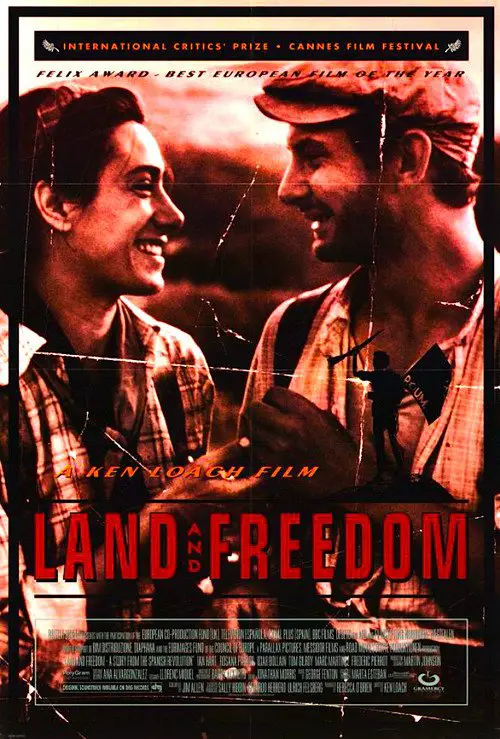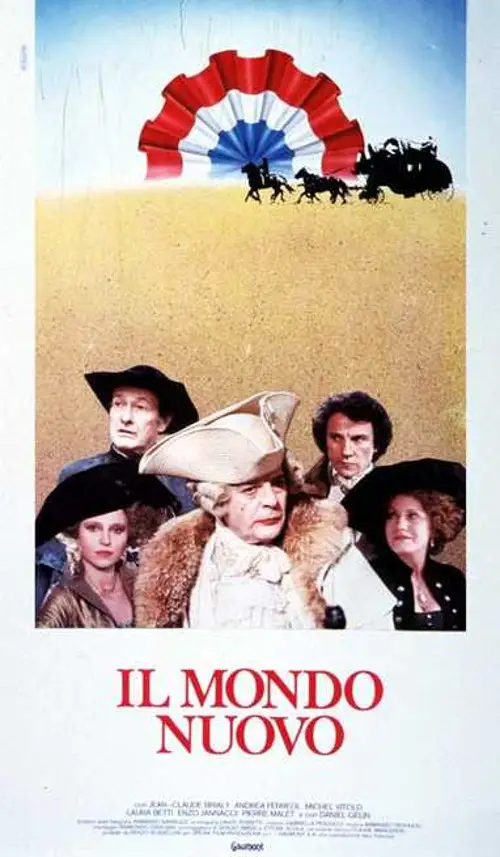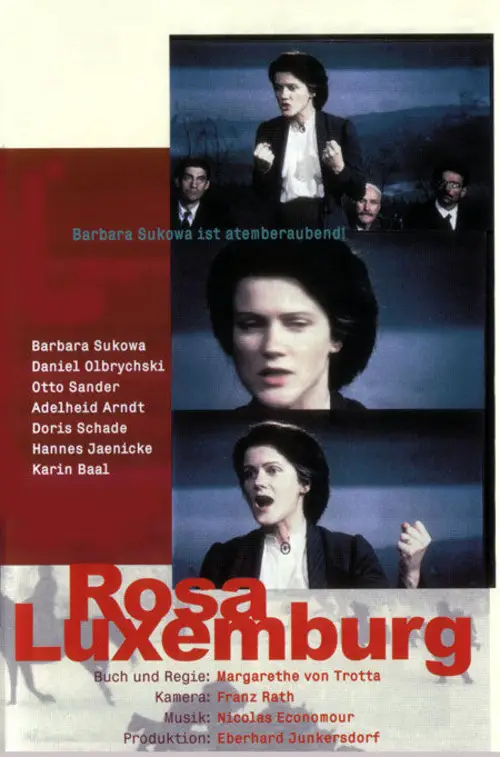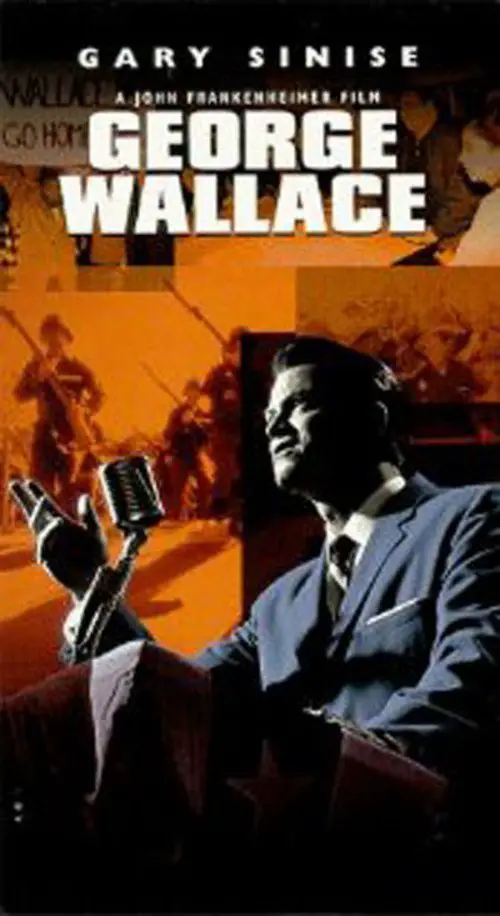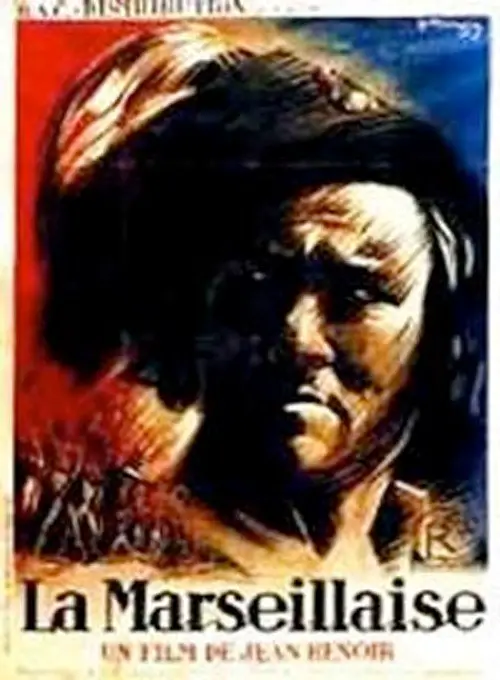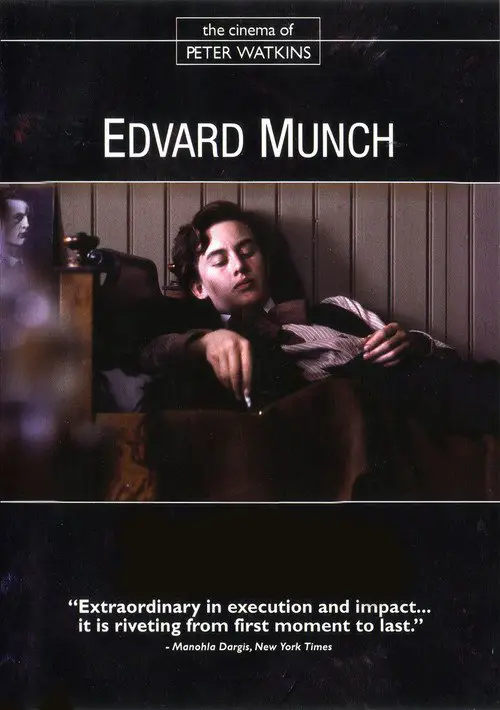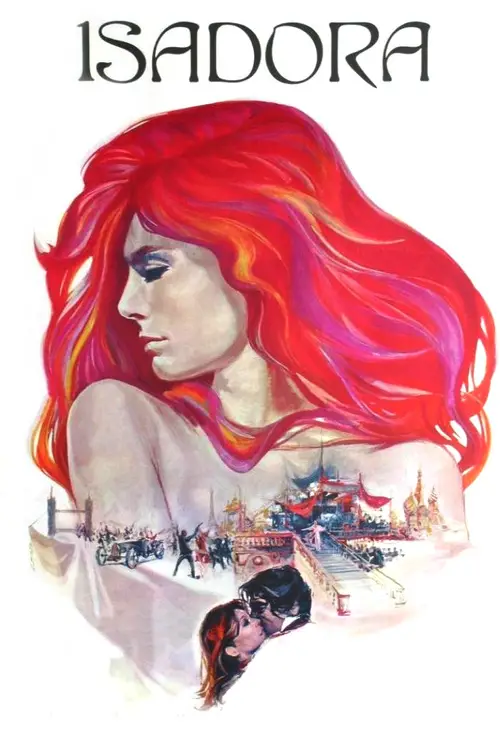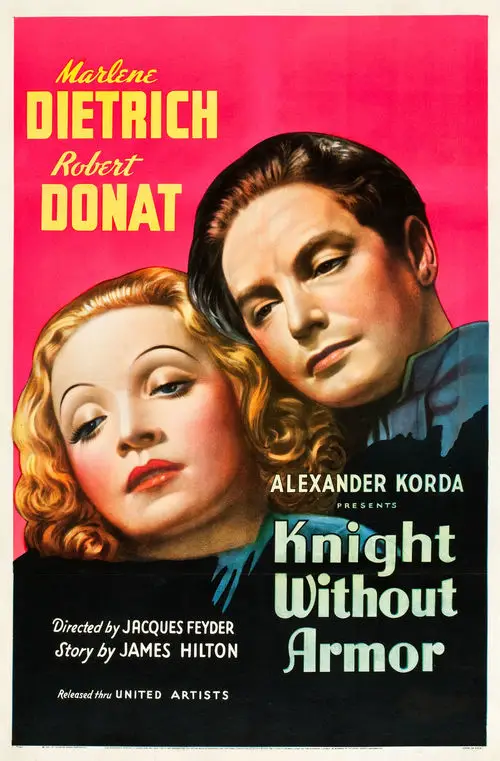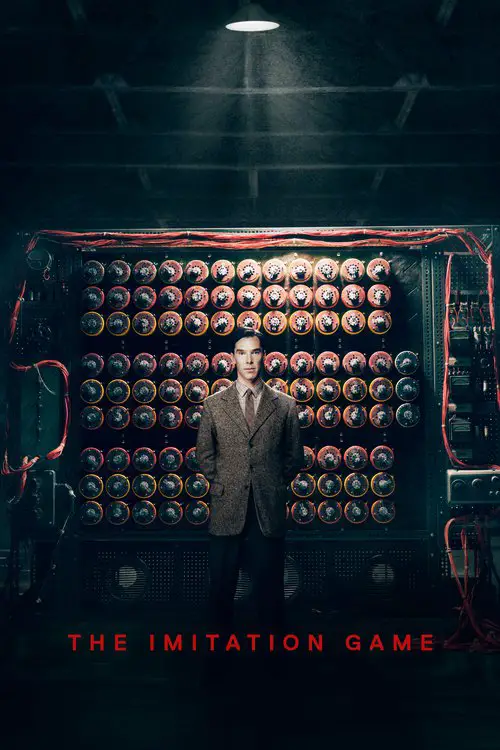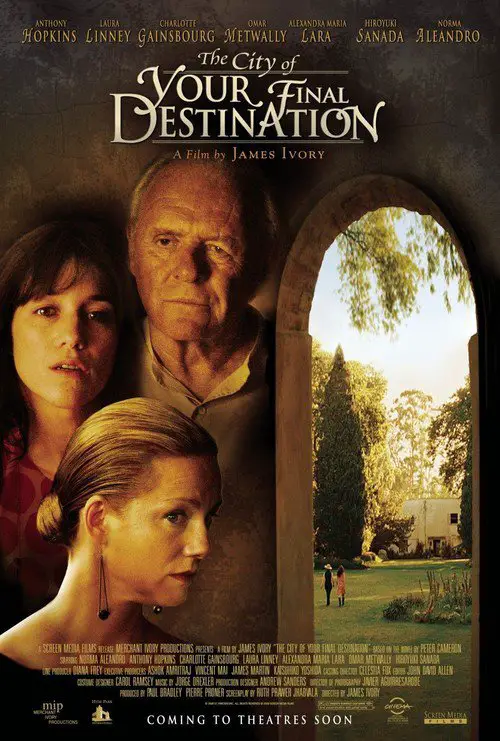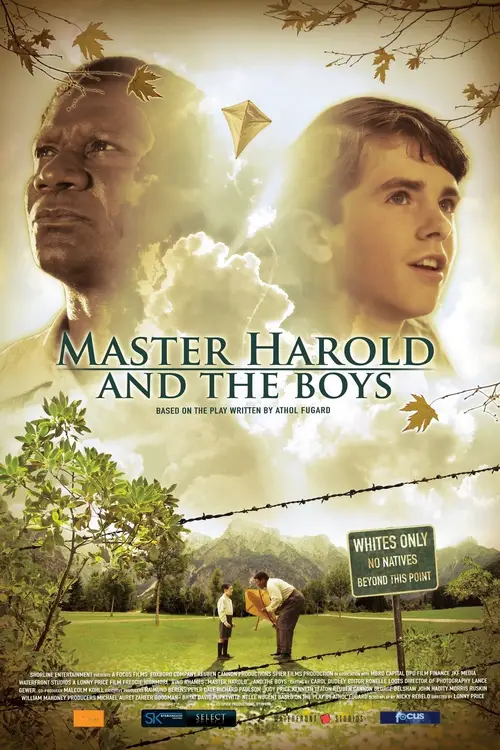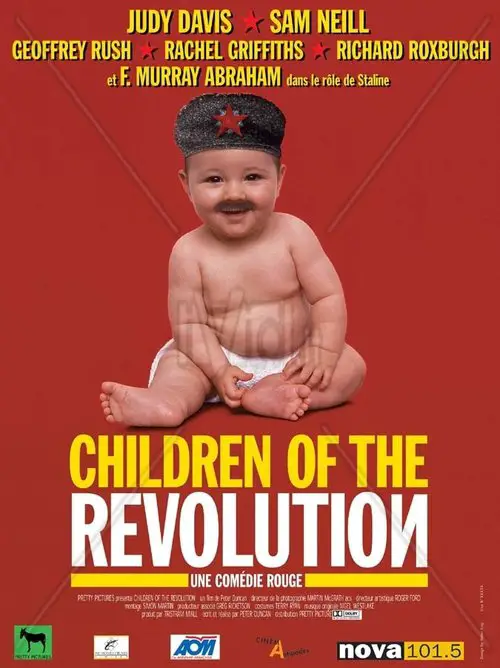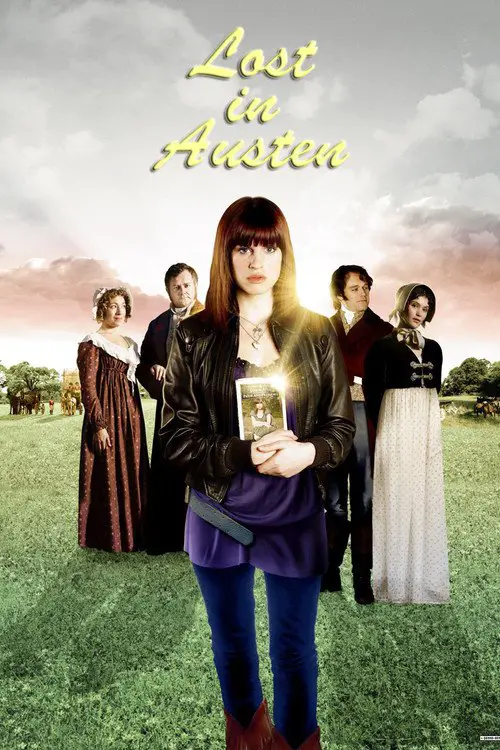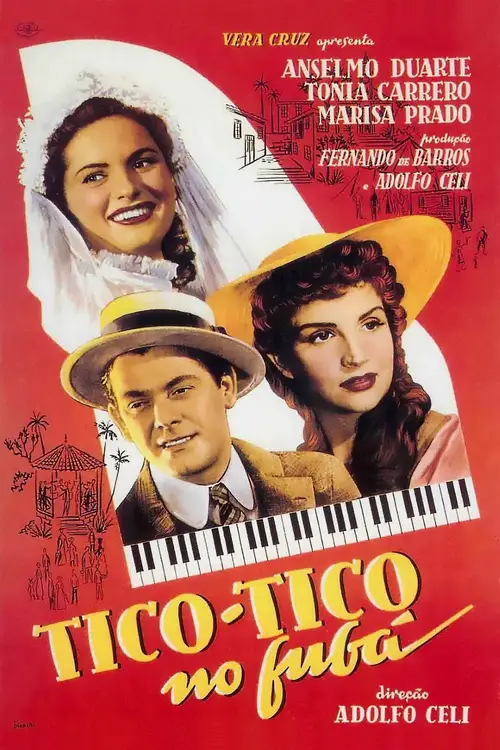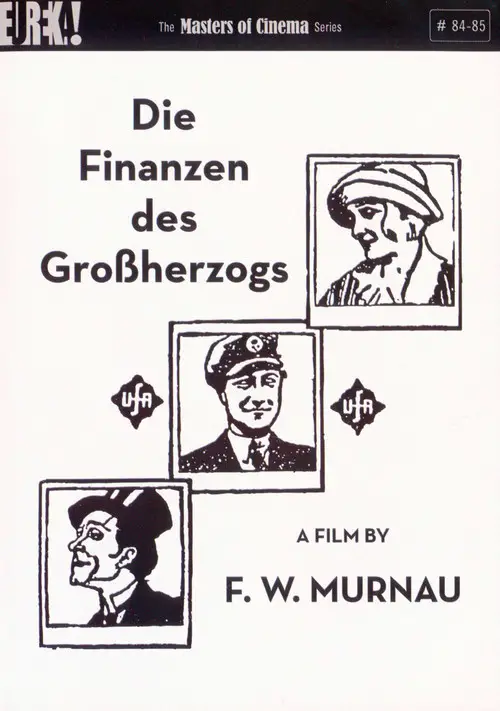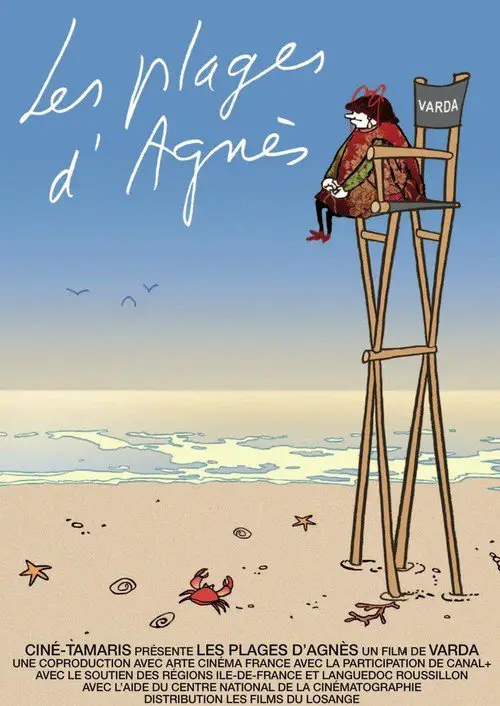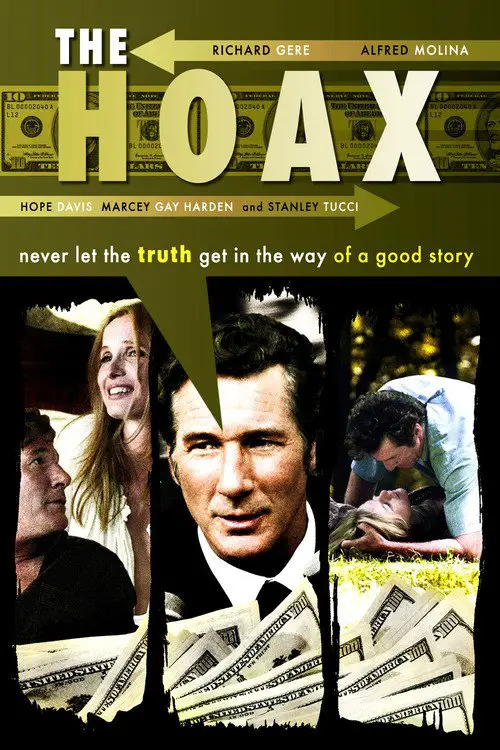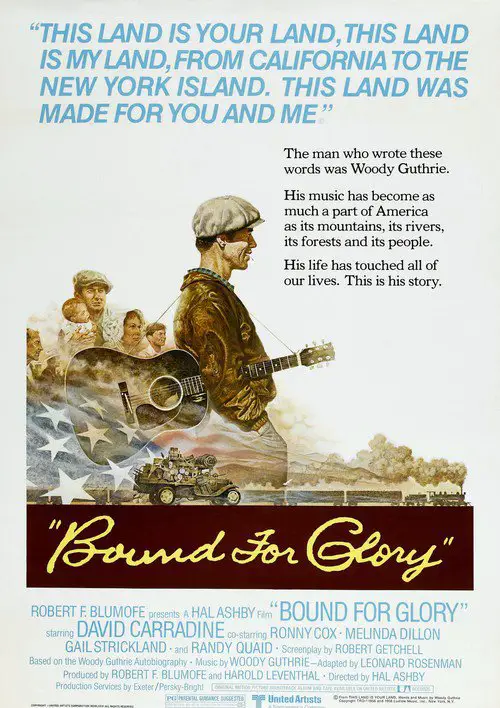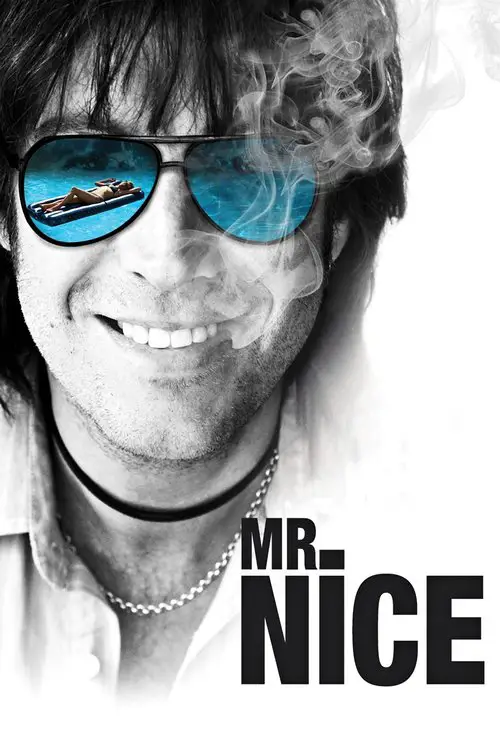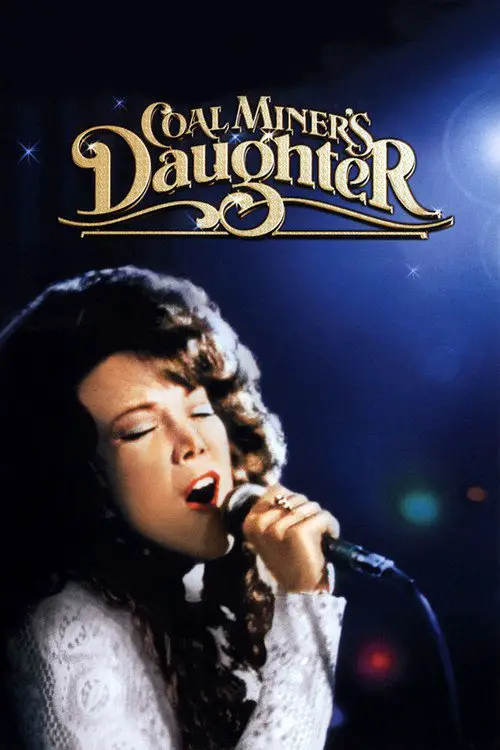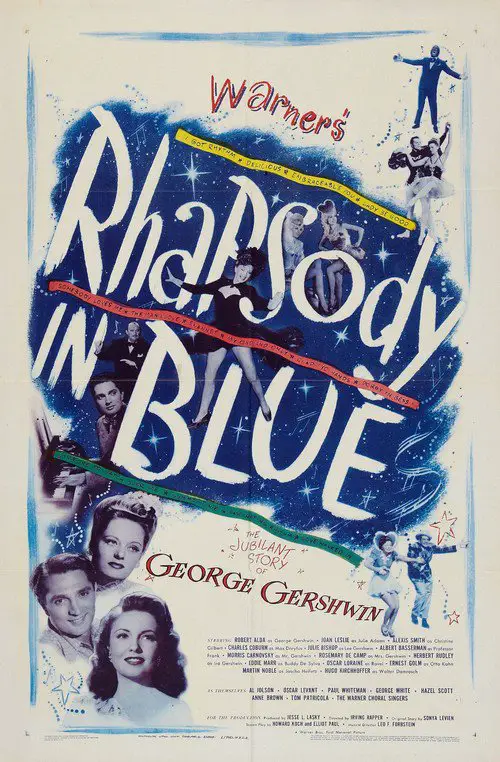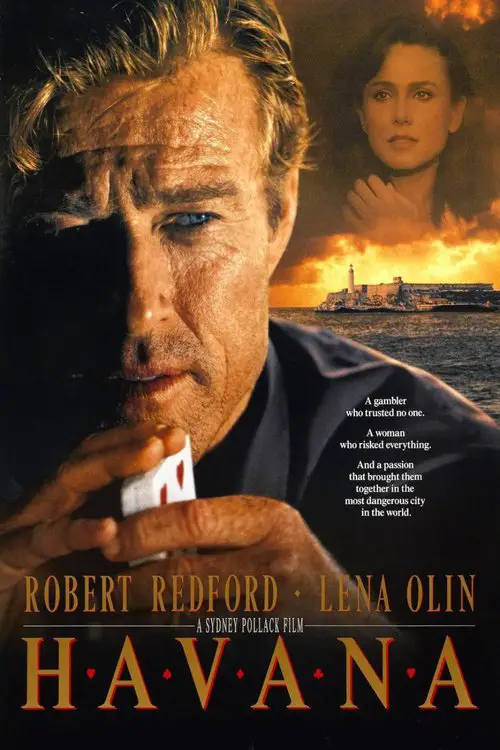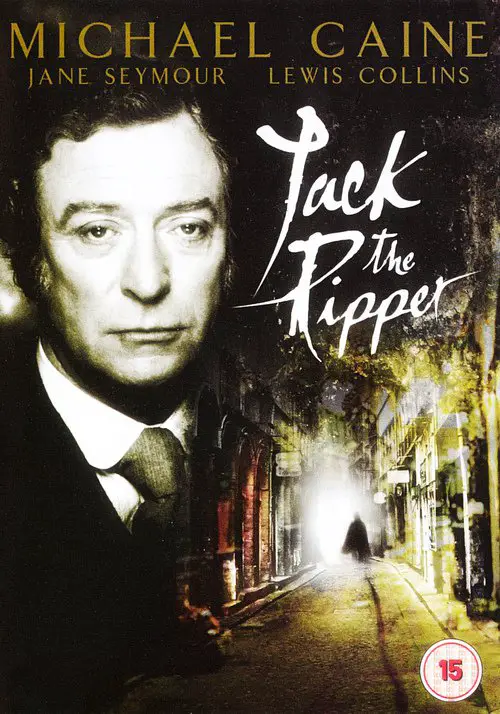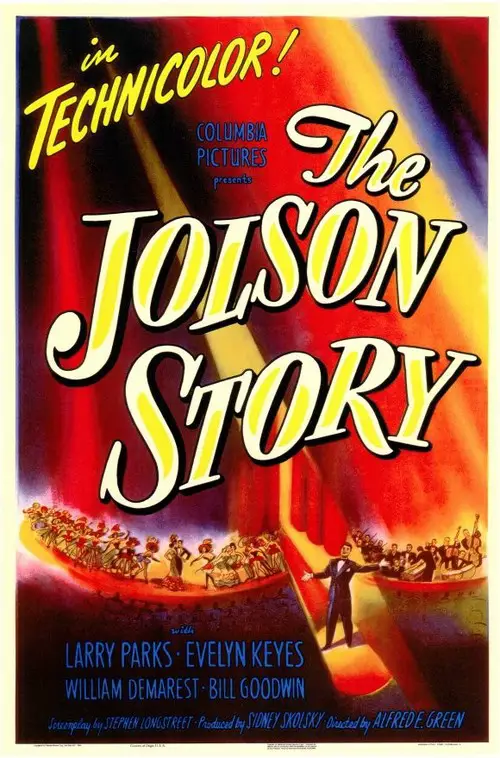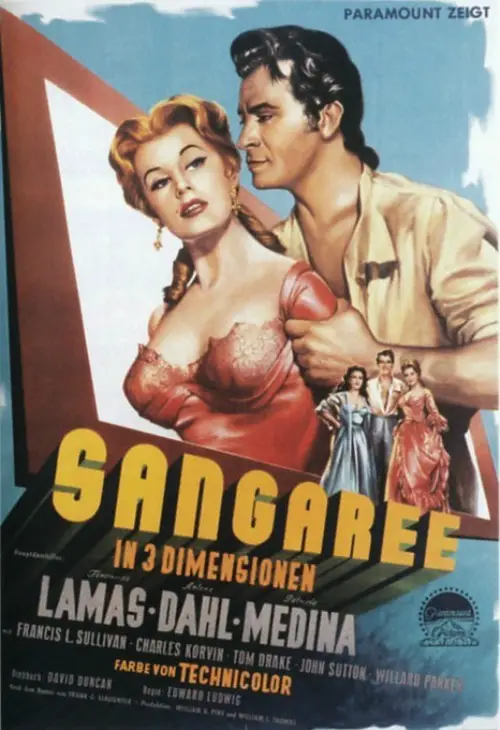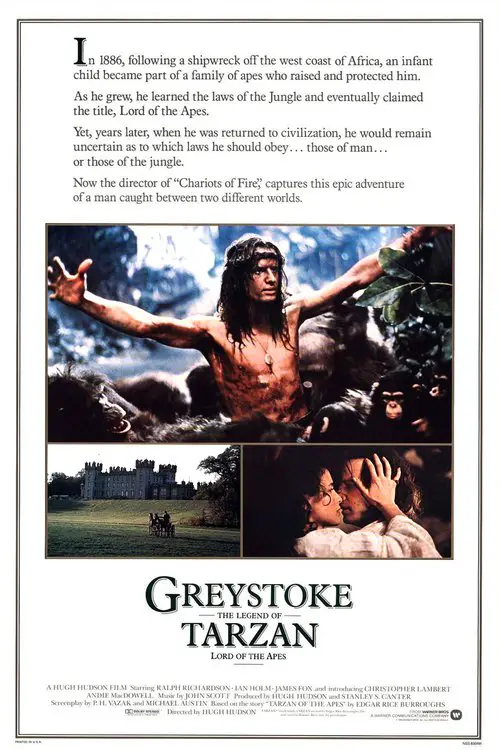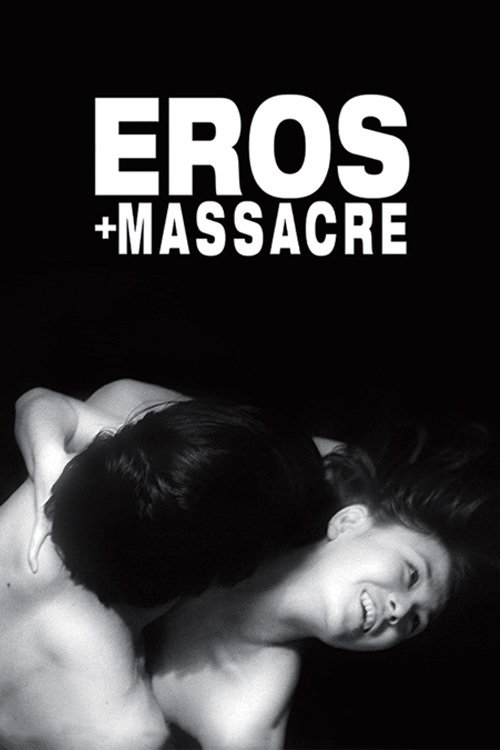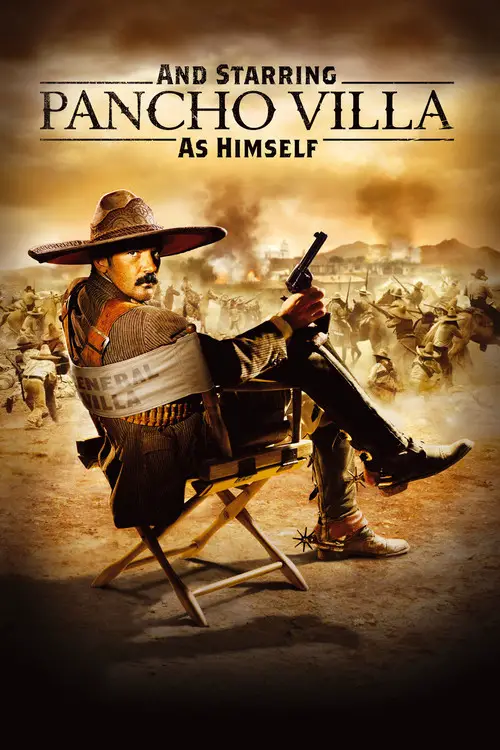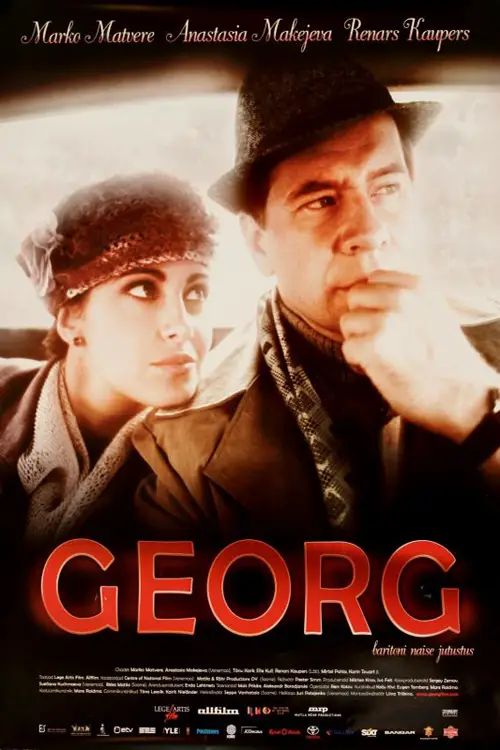Creation (2009)

Similar movies
An examination of the creation of the state of Israel in 1948 through to the present day.[Synopsis from the director, courtesy of Cannes Film Festival] : "The Time That Remains" is a semi biographic film, in four historic episodes, about a family--my family--spanning from 1948, until recent times. The film is inspired by my fatherâs diaries of his personal accounts, starting from when he was a resistant fighter in 1948, and by my motherâs letters to family members who were forced to leave the country since then. Combined with my intimate memories of them and with them, the film attempts to portray the daily life of those Palestinians who remained in their land and were labeled "Israeli-Arabs," living as a minority in their own homeland.
Most people don't think about singing when they think about revolutions. But song was the weapon of choice when, between 1986 and 1991, Estonians sought to free themselves from decades of Soviet occupation. During those years, hundreds of thousands gathered in public to sing forbidden patriotic songs and to rally for independence. "The young people, without any political party, and without any politicians, just came together ... not only tens of thousands but hundreds of thousands ... to gather and to sing and to give this nation a new spirit," remarks Mart Laar, a Singing Revolution leader featured in the film and the first post-Soviet Prime Minister of Estonia. "This was the idea of the Singing Revolution." James Tusty and Maureen Castle Tusty's "The Singing Revolution" tells the moving story of how the Estonian people peacefully regained their freedom--and helped topple an empire along the way.
New York trapper Tom Dobb becomes an unwilling participant in the American Revolution after his son Ned is drafted into the Army by the villainous Sergeant Major Peasy. Tom attempts to find his son, and eventually becomes convinced that he must take a stand and fight for the freedom of the Colonies, alongside the aristocratic rebel Daisy McConnahay. As Tom undergoes his change of heart, the events of the war unfold in large-scale grandeur.
Danton (Gérard Depardieu) and Robespierre (Wojciech Pszoniak) were close friends and fought together in the French Revolution, but by 1793 Robespierre was France's ruler, determined to wipe out opposition with a series of mass executions that became known as the Reign of Terror. Danton, well known as a spokesman of the people, had been living in relative solitude in the French countryside, but he returned to Paris to challenge Robespierre's violent rule and call for the people to demand their rights. Robespierre, however, could not accept such a challenge, even from a friend and colleague, and he blocked out a plan for the capture and execution of Danton and his allies.
The historical recreation of the 1942 Wannsee Conference, in which Nazi and SS leaders gathered in a Berlin suburb to discuss the "Final Solution to the Jewish Question". Lead by SS-General Reinhard Heydrich, this group of high ranking German officials came to the historic and far reaching decision that the Jews of Europe were to be exterminated in what would come to be known as the Holocaust.
The film is a biography of Pope John Paul II. It starts in 1926 when the boy Karol Wojtila was celebrating Christmas with his father in Poland. Some years later Nazi Germany attacks Poland and invades the country while Wojtila seeks refuge at the house of Cardinal Wyszynski. Also appear all the other important stations of the life of the Pope.
Serpico is a 1973 American biopic directed by Sidney Lumet and starring Al Pacino. It's based on Peter Maas' biography of NYPD officer Frank Serpico, who went undercover to expose corruption in the force. The film and its principals were nominated for numerous awards, and together with Scarecrow, which was released the same year, it marked the big breakthrough for Al Pacino. The film was also a commercial success.
The film biography of Queen Victoria focussing initially on the early years of her reign with her marriage to Prince Albert and her subsequent rule after Albert's death in 1861. The film was released in the year of King George VI's coronation, which was also the centennial of Victoria's own accession to the throne.
This breathtaking, visually experimental film from New Wave director Eric Rohmer tells the true story of Grace Dalrymple Elliot (Lucy Russell), a British aristocrat trapped in Paris during the French Revolution. Determined to maintain her stiff upper lip and pampered life despite the upheaval, Grace continues her friendship with the Duke of Orléans (Jean-Claude Dreyfus) while risking her life and liberty to protect a fugitive.
This is a story of a great love facing the greatest drama of the history of Russia. Admiral Kolchak is a true war hero and beloved husband and father. One day he meets Anna, the love of his life and the wife of his best friend. The revolution in his heart faces the revolution in his own country His destiny is to become the Supreme Rules of Russia.
The movie narrates the story of David Carr, an unemployed worker and member of the Communist Party of Great Britain. In 1936 he decides to fight for the Republican side in the Spanish Civil War, an anti-fascist coalition of liberals, communists and anarchists. Similar to George Orwell's experiences documented in Homage to Catalonia, he joins the POUM worker militia and witnesses first hand the betrayal of the Spanish revolution by the Stalinists, loyal only to the dictat of Moscow.
Wronke Prison, 1916. Social democrat Rosa Luxemburg faces a mock execution. Twenty years earlier, Rosa's political gifts are acknowledged by everyone, as she struggles for democratic government in Germany and revolution in Poland. There she works closely with Leo Jogiches. Their political activity creates some difficulty for their personal relationship... As international tensions rise, Rosa makes speeches denouncing war and militarism. She seems too radical for her fellow Socialists. She meets Karl Liebknecht. When World War I begins, Rosa and Karl are united in opposition...
This movie tells the true story of John Reed, a radical American journalist around the time of World War I. He soon meets Louise Bryant, a respectable married woman, who dumps her husband for Reed and becomes an important feminist and radical in her own right. After involvement with labor and political disputes in the US, they go to Russia in time for the October Revolution in 1917, when the Communists siezed power. Inspired, they return to the US, hoping to lead a similar revolution. A particularly fascinating aspect of the movie is the inclusion of interviews with "witnesses", the real-life surviving participants in the events of the movie.
George Wallace is a 1997 television film starring Gary Sinise as George Wallace, the former Governor of Alabama. It was directed by John Frankenheimer, who won an Emmy award for it; Sinise and Mare Winningham also won Emmies for their performances. The film was based on the 1996 biography Wallace : The Classic Portrait of Alabama Governor George Wallace by Marshall Frady, who also co-wrote the teleplay. Frankenheimer's film was highly praised by critics: in addition to the Emmy awards, it received the Golden Globe for Best Miniseries/Motion Picture made for TV. Angelina Jolie also received a Golden Globe for her performance as Wallace's second wife, Cornelia.
A biographical film about the Norwegian Expressionist painter Edvard Munch. It was originally created as a three-part miniseries co-produced by the Norwegian and Swedish state television networks, but subsequently gained an American theatrical release in a three-hour version in 1976. The film covers about thirty years of Munch's life, focusing on the influences that shaped his art, particularly the prevalence of disease and death in his family and his youthful affair with a married woman.
28-year-old Kansas University doctoral student Omar Razaghi wins a grant to write a biography of Latin American writer Jules Gund. Omar must get through to three people who were close to Gund--his brother, widow, and younger mistress--so he can get authorization to write the biography. Written by Marisa_Gabriella, edited by Krystal Frauendienst
This movie is of Hally, an adolescent white South African. He is stuck between his intolerant father's outlook of him and those of his caretaker, Sam. Sam is a black waiter and Hally's friend and teacher. Hally is required to laugh at his father's racist jokes, by contrast, Sam exposes Hally to uplifting experiences. One day Hally was terribly humiliated by his father and Sam shows Hally how to be proud of something he can achieve.
Tico-Tico no Fubá is a 1952 Brazilian comedy film directed by Adolfo Celi and starring Anselmo Duarte. It was entered into the 1952 Cannes Film Festival. The film is a fictionalized biography of Brazilian composer Zequinha de Abreu (1880â1935), who penned the song "Tico-Tico no Fubá" that became an international hit in the 1940s.
The likeable and carefree Grand Duke of Abacco is in dire straits. There is no money left to service the State's debt; the main creditor is looking forward to expropriating the entire Duchy. The marriage with Olga, Grand Duchess of Russia, would solve everything, but a crucial letter of hers about the engagement has been stolen. Besides, a bunch of revolutionaries and a dubious businessman have other plans regarding the Grand Duke. With the intrusion of adventurer Philipp Collins into the Grand Duke's affairs, a series of frantic chases, plots and counter-plots begins.
Two sisters, Grace and Violet, bound together by more than blood, live a reclusive life in a large mansion, detached from society and reality too. They have a plan. It's hardly conventional, but the outcome nine months later is all that counts. Whatever they do they must not fall in love with the man that they choose to ensnare. Set in contemporary New England.
Filmmaking icon Agnès Varda, the award-winning director regarded by many as the grandmother of the French new wave, turns the camera on herself with this unique autobiographical documentary. Composed of film excerpts and elaborate dramatic re-creations, Varda's self-portrait recounts the highs and lows of her professional career, the many friendships that affected her life and her longtime marriage to cinematic giant Jacques Demy.
Based on Mary Shelley's novel, "Frankenstein" tells the story of Victor Frankenstein, a promising young doctor who, devastated by the death of his mother during childbirth, becomes obsessed with bringing the dead back to life. His experiments lead to the creation of a monster, which Frankenstein has put together with the remains of corpses. It's not long before Frankenstein regrets his actions.
In a hospital on the outskirts of 1920s Los Angeles, an injured stuntman begins to tell a fellow patient, a little girl with a broken arm, a fantastic story about 5 mythical heroes. Thanks to his fractured state of mind and her vivid imagination, the line between fiction and reality starts to blur as the tale advances.
An American professional gambler named Jack Weil (Redford) decides to visit Havana, Cuba to gamble. On the boat to Havana, he meets Roberta Duran (Olin), the wife of a revolutionary, Arturo (Julia). Shortly after their arrival, Arturo is taken away by the secret police, and Roberta is captured and tortured. Jack frees her, but she continues to support the revolution.
Jack the Ripper was a 1988 two-part television movie/mini-series portraying a fictionalized account of the hunt for Jack The Ripper, the killer responsible for the Whitechapel murders of 1888. The series coincided with the 100th anniversary of the murders. Using historical characters involved in the genuine 1888 hunt for the killer, the film was written by Derek Marlowe and David Wickes
The Jolson Story is a 1946 musical biography which purports to tell the life story of singer Al Jolson. It stars Larry Parks as Jolson, Evelyn Keyes as "Julie Benson" (approximating Jolson's wife, Ruby Keeler), William Demarest as his manager, Ludwig Donath and Tamara Shayne as his parents, and Scotty Beckett as the young Jolson.
In this third remake of legendary Japanese director Akira Kurosawa's hugely influential The Seven Samurai, the seven gunslingers (George Kennedy, Michael Ansara, Joe Don Baker, Bernie Casey, Monte Markham, Fernando Rey and Reni Santoni) liberate Mexican political prisoners, train them as fighters and assist them in a desperate attack on a Mexican fortress in an attempt to free a revolutionary leader.
A shipping disaster in the 19th Century has stranded a man and woman in the wilds of Africa. The lady is pregnant, and gives birth to a son in their tree house. Soon after, a family of apes stumble across the house and in the ensuing panic, both parents are killed. A female ape takes the tiny boy as a replacement for her own dead infant, and raises him as her son. Twenty years later, Captain Phillippe D'Arnot discovers the man who thinks he is an ape. Evidence in the tree house leads him to believe that he is the direct descendant of the Earl of Greystoke, and thus takes it upon himself to return the man to civilization.
In 1914, the Mexican revolutionary Pancho Villa (Antonio Banderas) invites studios to shoot his actual battles against PorfÃrio Diaz army to raise funds for financing guns and ammunition. The Mutual Film Corporation, through producer D.W. Griffith (Colm Feore), interests for the proposition and sends the filmmaker Frank Thayer (Eion Bailey) to negotiate a contract with Pancho Villa himself.
© Valossa 2015–2026
| Privacy Policy
